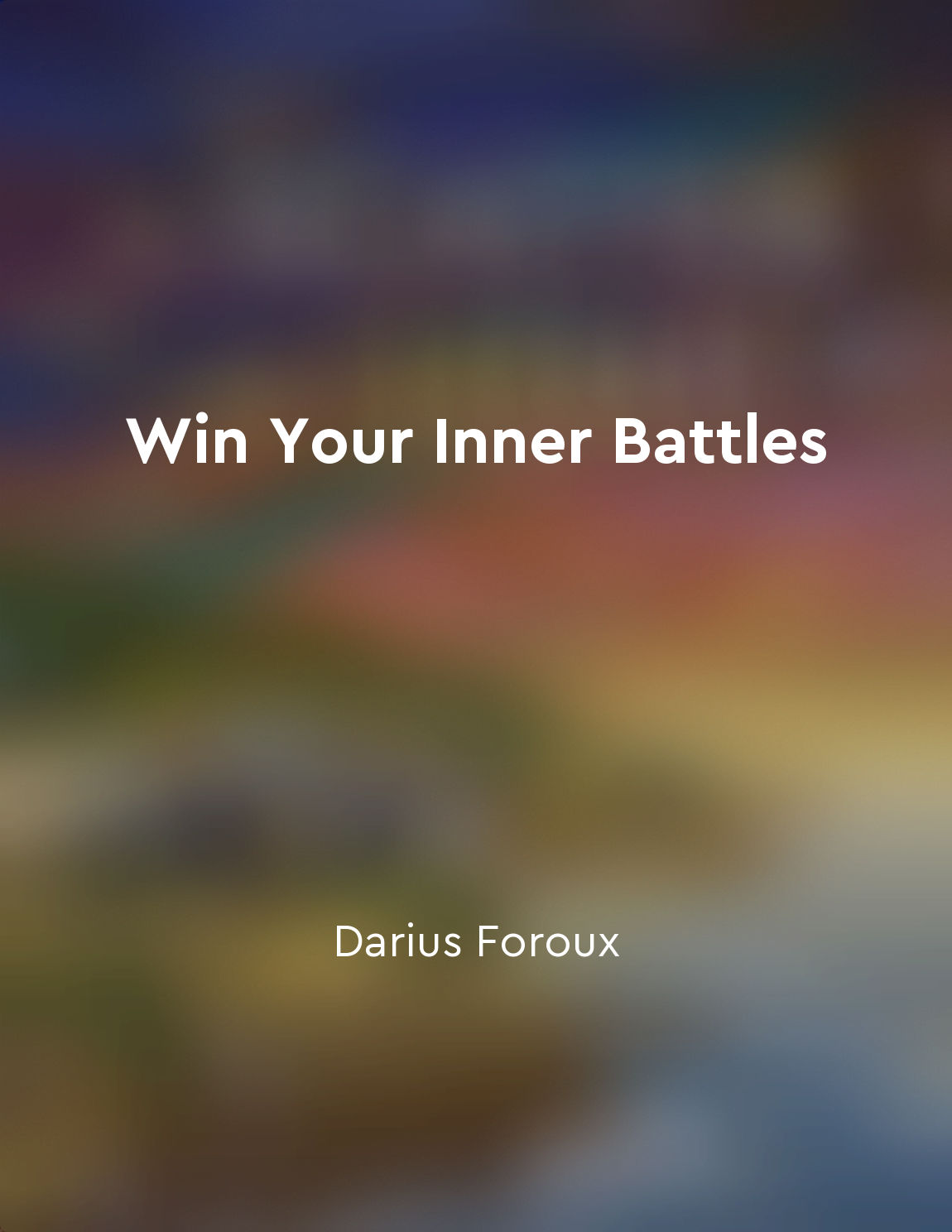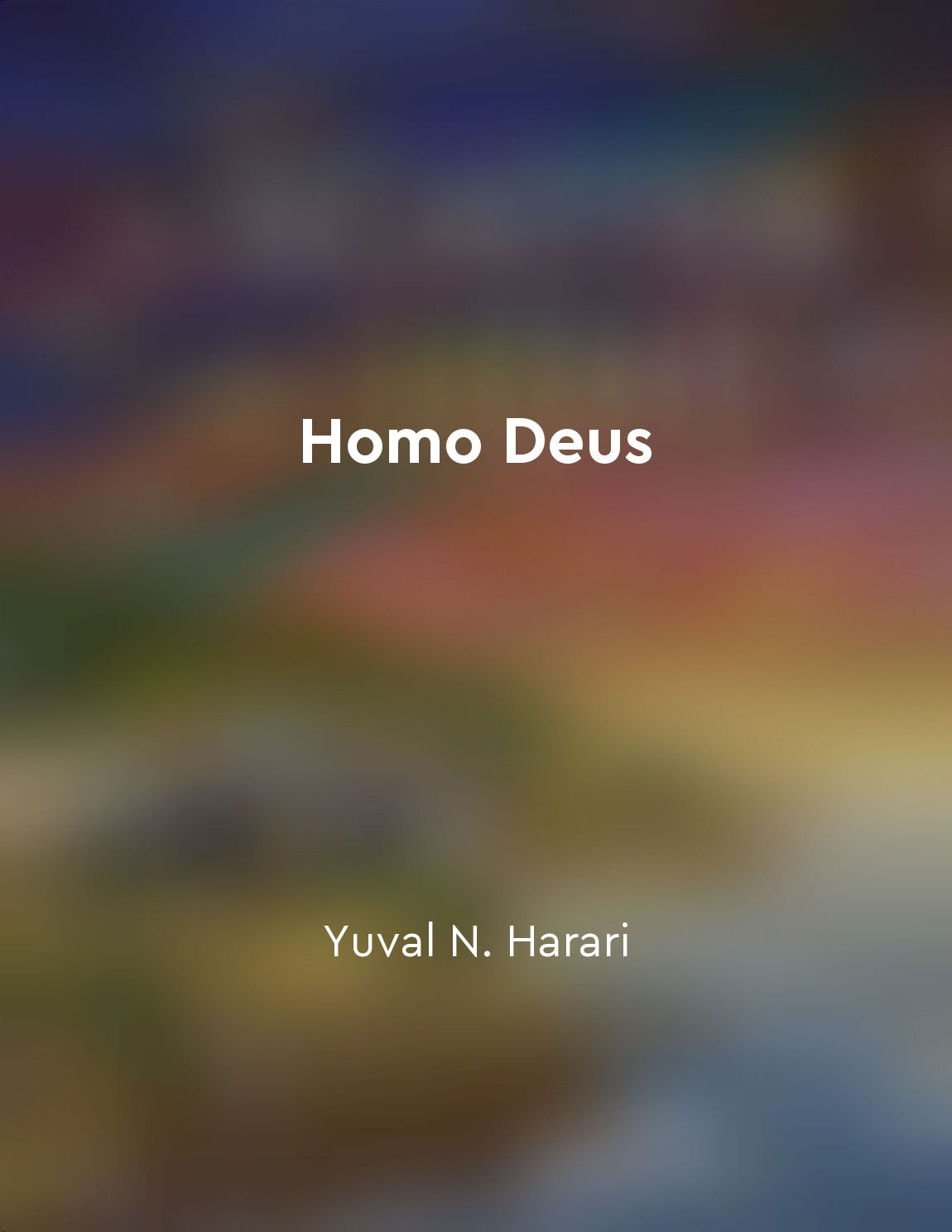Humans are becoming more like gods, with the power to shape their own destinies from "summary" of Homo Deus by Yuval N. Harari
In ancient times, humans worshiped gods who controlled their fate and determined the course of their lives. These gods were believed to possess supernatural powers beyond the comprehension of mere mortals. However, as time progressed and human knowledge and technology advanced, the power dynamics began to shift. Humans started to harness the forces of nature, manipulate their environments, and even alter their own bodies through medical advancements. With each scientific breakthrough and technological innovation, humans gained more control over their lives and surroundings. They were no longer at the mercy of capricious gods but were instead becoming the masters of their own destinies. The idea of humans becoming more godlike is not just a metaphorical concept but a tangible reality in today's world. Through genetic engineering, humans can now manipulate their own DNA, potentially shaping the future evolution of our species. With the rise of artificial intelligence, humans are creating beings that can outperform us in various tasks, raising questions about the very essence of what it means to be human. The power to shape our destinies is no longer confined to the realm of ancient myths and legends but is a concrete possibility within our grasp. As we continue to push the boundaries of what is scientifically and technologically achievable, the line between humans and gods becomes increasingly blurred. We are on the cusp of a new era where the limits of our potential are limited only by our imagination and ambition.Similar Posts
Compassionate action is the path to spiritual evolution
Compassionate action is not merely a moral imperative; it is also the key to spiritual growth. When we act with compassion towa...

Surround yourself with positive influences
Positive influences shape thoughts, behaviors, and outcomes. The people we interact with play a significant role in how we perc...

Cooperation shapes human history
Throughout history, cooperation has been a key driving force in shaping the course of human development. From small bands of hu...
Different cultures had diverse concepts of the divine
Throughout history, human beings have sought to understand the nature of the divine. This quest has led to the development of a...

